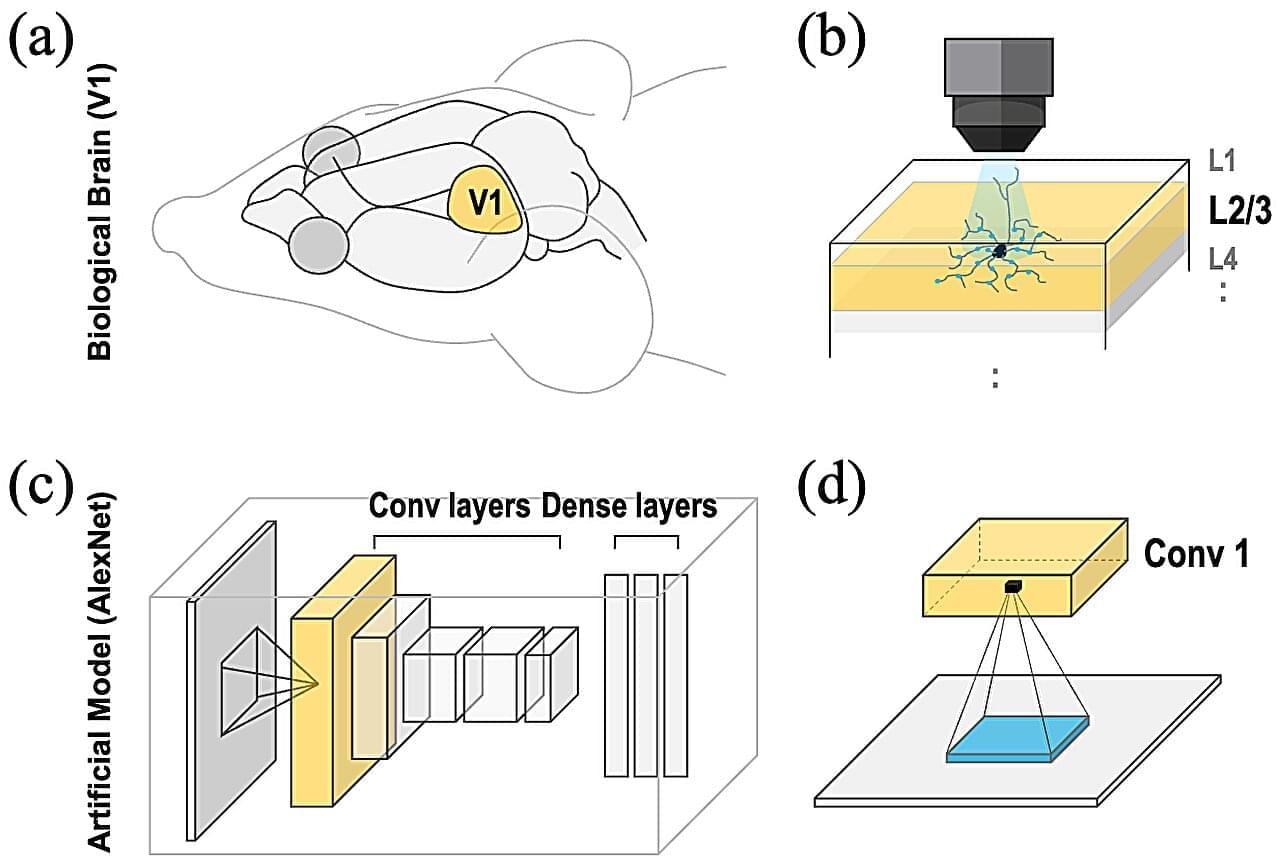A team of researchers from the Institute for Basic Science, Yonsei University, and the Max Planck Institute have developed a new artificial intelligence (AI) technique that brings machine vision closer to how the human brain processes images. Called Lp-Convolution, this method improves the accuracy and efficiency of image recognition systems while reducing the computational burden of existing AI models.
The human brain is remarkably efficient at identifying key details in complex scenes, an ability that traditional AI systems have struggled to replicate. Convolutional Neural Networks (CNNs)—the most widely used AI model for image recognition—process images using small, square-shaped filters. While effective, this rigid approach limits their ability to capture broader patterns in fragmented data.
More recently, vision transformers have shown superior performance by analyzing entire images at once, but they require massive computational power and large datasets, making them impractical for many real-world applications.
